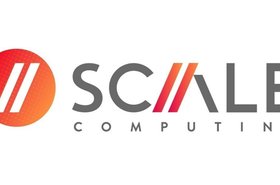Europe’s largest semiconductor trade group has made a number of recommendations to the European Union (EU) in order to improve the government-approved Chips Act.
In a policy document – titled ‘Key Recommendations for the EU Mandate 2024-2029’ – the European Semiconductor Industry Association (ESIA) calls for new governance for a “holistic, coherent policy strategy, and regulatory approach” to “boost the EU’s semiconductor industry.”
The trade body has proposed the creation of a 'Chips Act 2.0' to improve initiatives, reconsider the scope, and assess gaps resulting from the original Chips Act legislation.
Proposals outlined by the ESIA include reducing export restrictions, maintaining and strengthening early industry involvement, introducing “proportionate” sustainability measures for the semiconductor manufacturing industry, and establishing a dedicated ‘Chips Envoy’ who would be responsible for the overall industrial policy approach to semiconductors.
The document also acknowledges that the current skills shortage poses a “serious challenge” to the industry and risks its ability to remain competitive. As a result, the ESIA “urges the EU Institutions to join forces with Member States” and launch an EU-wide education strategy.
Approved in April 2023, the €43 billion ($47bn) EU Chips Act was established with the intention of doubling the EU’s global market share in semiconductors from 10 percent to at least 20 percent by 2030.
Originally set to focus only on high-end chips, it has since expanded to include older chips and research and design facilities.
“The overarching goal [of the Chips Act] is to further boost the semiconductor industry in Europe,” the ESIA wrote in the document’s introduction. “This must be underpinned by a holistic industrial strategy including policies for research, innovation, manufacturing, trade, sustainability, and a skilled workforce.”







